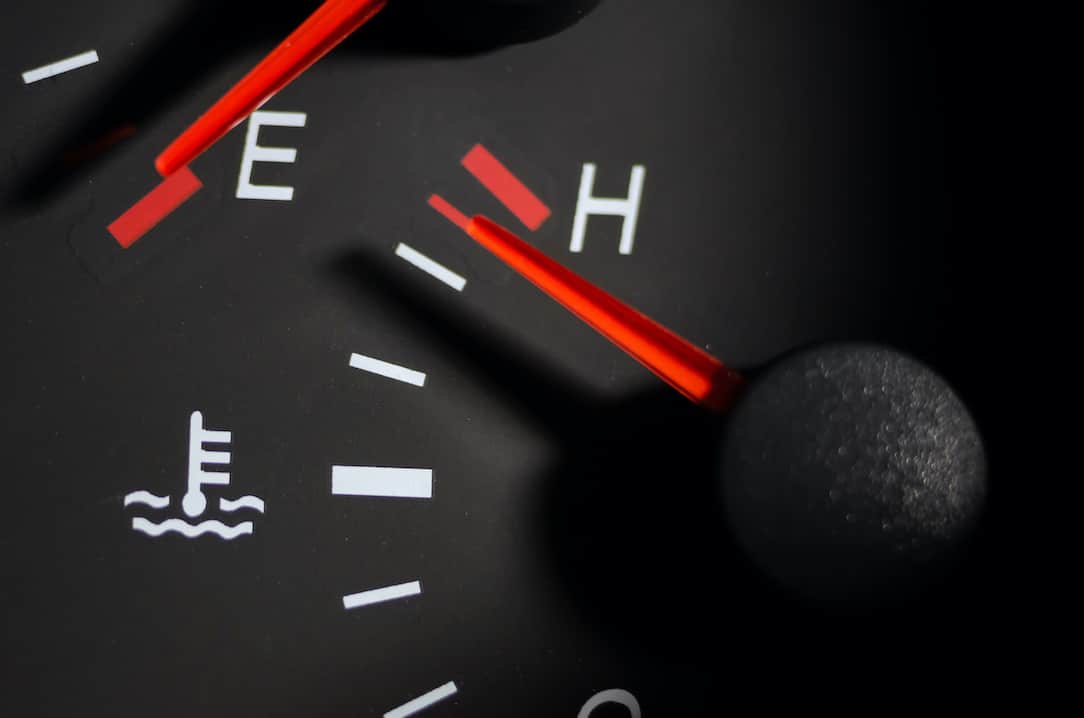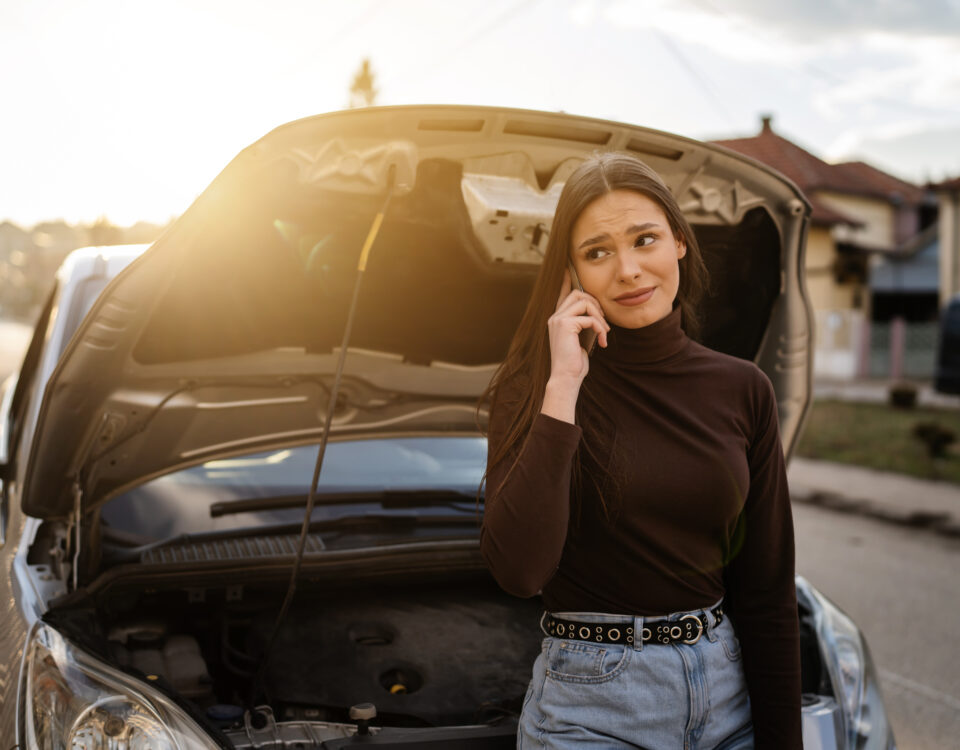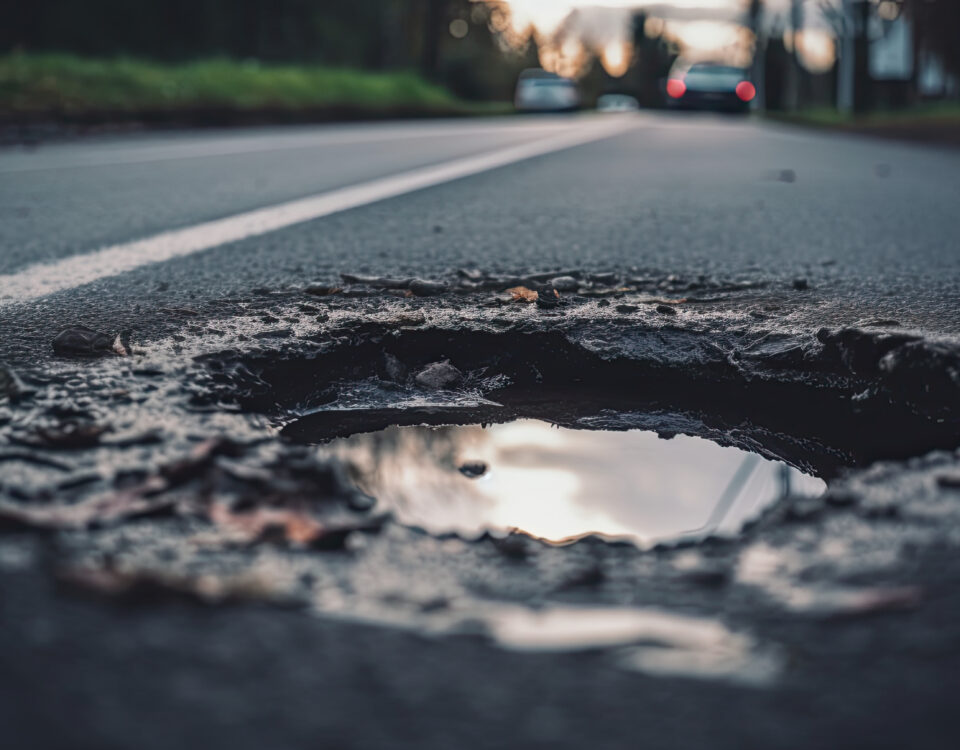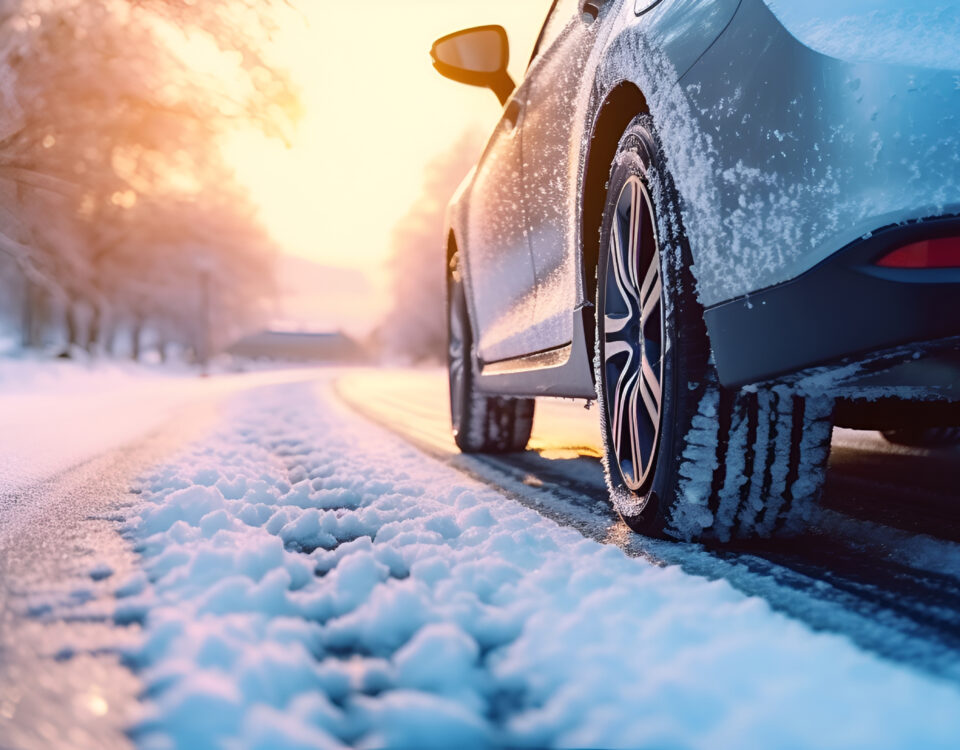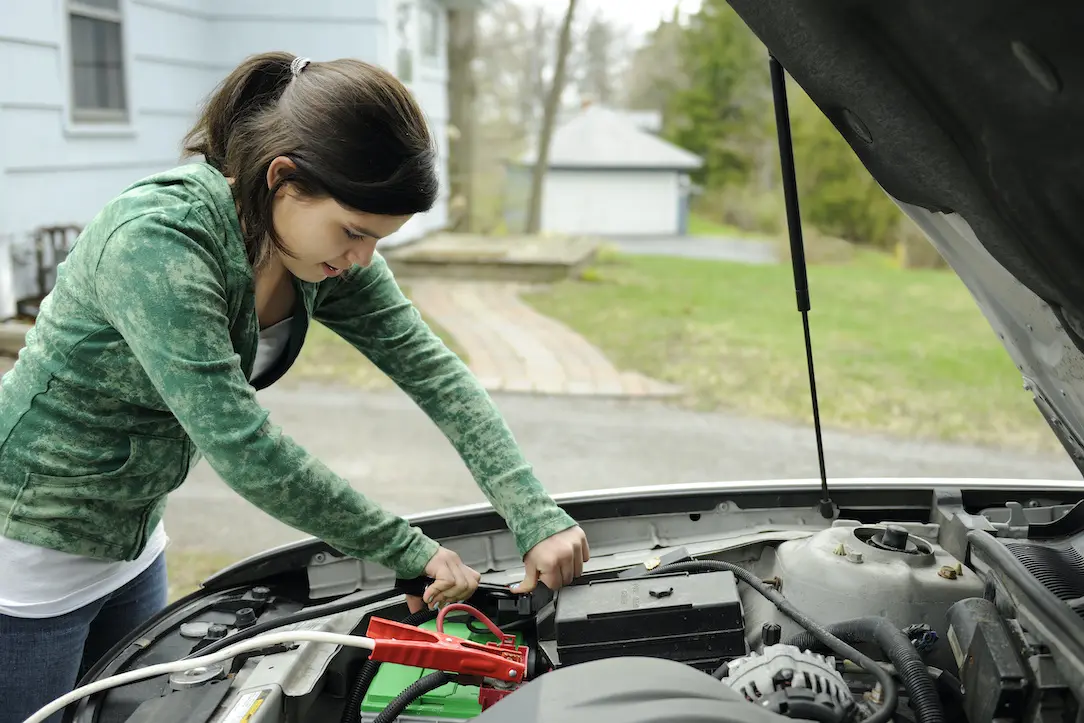
How to Jumpstart Your Car
March 3, 2020What Paperwork Do I Really Need to Keep in My Car?
March 17, 2020As we approach the warmer months, people can tend to find that cars overheat. In fact, this is the most common time of the year for cars to overheat. In today’s newer vehicles, it’s not common for them to do this, however they still have the ability to get too hot, just like older vehicles. Are you prepared in case your car begins to overheat? Here’s what you need to know.
Causes of Overheating
Why do they overheat? Cars typically get too hot when the following have errors according to Nationwide:
- Cooling system: this helps keep the car’s temperature down. When it experiences something like a leak, the coolant won’t circulate properly. This doesn’t only happen when it’s hot out, sometimes it can freeze in colder weather
- Thermostat: your car’s thermostat regulates the amount of coolant that moves through the engine. When it’s broken or not working, your car can overheat
- Motor oil: the oil in your car helps lubricate moving parts, and it also helps remove unneeded heat from the engine. If you’re low on oil, your car could be operating too hot
- Radiator fan: if your cooling fan isn’t functioning properly, your car can overheat due to mechanical problems causing minimal air flow
Overheating Prevention
If you want to prevent your car from getting too hot, follow these tips from Nationwide:
- Don’t park in direct sunlight: your car can feel the sun beaming down on it just like you can. Parking your car in the shade can help keep your car cool.
- Use shades: if you can’t find shade to park under, look into getting a sunshade. These shades will help protect your car’s interior from getting too hot, and it can preserve the interior from sun damage. You can buy these from stores, but you can also look into getting one custom fit.
- Tint your windows: if you want to take shade a step further, consider tinting your windows to get all of the benefits of parking in the shade or using a sunshade all the time
- Crack windows open: hot air can get trapped in your car when the doors and windows have been shut for a while. If you crack your windows open just a bit, the car will be able to breath and let hot air out. Just be sure to not open them too much to prevent break ins or bad weather from doing damage
- Use floor vents: this is the last thing you probably want to do when it’s hot outside. Even if you think you cool off faster using the top vents, the floor vents actually work faster to push the hot air out of the car since hot air rises. Once the car is cool, then go back to using the upper vents
- Turn on the fresh air: put your AC on the fresh air setting for the first few minutes. If you use the recirculation setting, you’re just moving hot air around
- Check temperature gauge: you’ll see this on the dashboard, and it’s important to pay attention to. This will let you know where your car’s temperature currently stands, and if you should pull over or not
- Use heat: this sounds counterintuitive, but turning the heat on can remove hot air from the engine which cools it
- Add coolant: in those hot summer months make sure to get your hands on engine coolant. To check your current coolant, look at the coolant reservoir under the hood. If you need to add more, add the appropriate amount to get back on the road
- Flush the radiator: sometimes your engine coolant is at the appropriate levels, but if too dirty it needs to be replaced. A flush helps drain old coolant and clean it before adding new coolant. Mechanics recommend a flush every 40,000 miles
- Check battery: the older the car battery the more susceptible it is to problems. If it’s working too hard, the car might overheat easier
What to Do
If your car is overheating, act fast. Follow these tips to be safe:
- Shut off AC and open windows
- Turn on heat
- If in traffic, shift to neutral or park and rev the engine
- Don’t ride your brakes
- Pull over and open the hood, wait for it to cool off
Call Scott’s
If your car overheats regularly, bring your car in to one of our two convenient locations in Fort Collins and Loveland. We will look to find the problem and advise you on the best course of action. In the meantime, be sure to pull over when you notice your car overheating, open the hood to promote more airflow, and give it some time to cool down before driving again. If you’re ready to make an appointment, contact us today.

